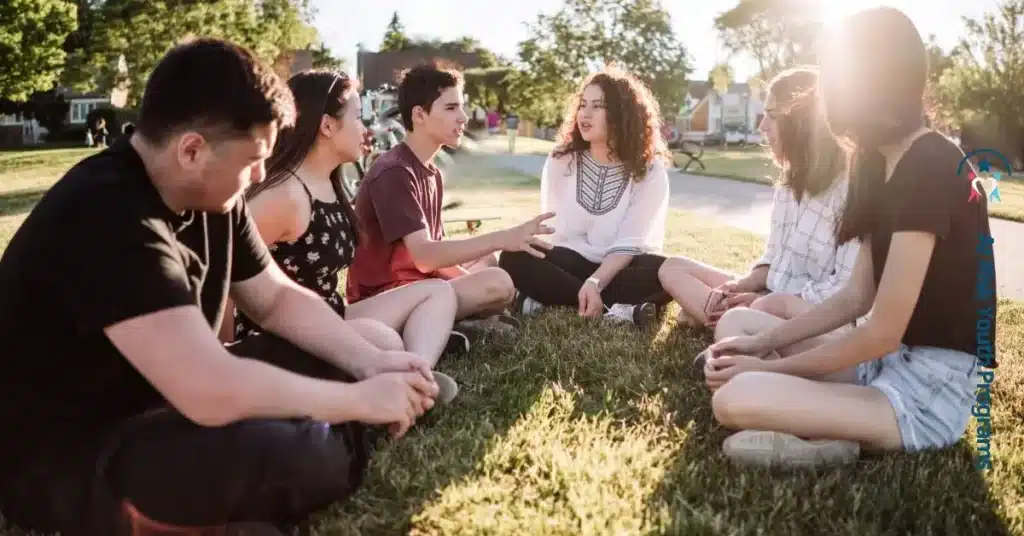24/7 Helpline:
(866) 899-221924/7 Helpline:
(866) 899-2219
Despite its idyllic setting, Blue Ridge is not immune to the pressing issues of drug and alcohol addiction that are afflicting communities across the United States. Drug addiction in Blue Ridge, Georgia has emerged as a significant concern, with the increasing prevalence of substances such as opioids and methamphetamines having devastating effects on individuals and families alike. Alcohol addiction in Blue Ridge also poses serious challenges, leading to health issues, broken relationships, and diminished quality of life for many residents. The importance of
centers cannot be overstated, as these facilities provide the much-needed support, therapy, and rehabilitation services that can help individuals struggling with addiction regain control of their lives.Historically, Blue Ridge has been a place that thrives on community spirit and resilience. The importance of nurturing this spirit is particularly evident in the fight against addiction, where local rehab centers play a crucial role in fostering healing and recovery. These centers not only offer effective treatment options but also serve as safe havens for individuals to learn coping skills, build supportive networks, and embrace a drug-free lifestyle.
As the mission to combat drug and alcohol addiction in Blue Ridge progresses, it is vital to raise awareness of available resources in the community. By exploring the various rehab centers in Blue Ridge, Georgia, residents can find hope and pathways to recovery, thus paving the way for a healthier future for themselves and their families. Learn more about how Blue Ridge, Georgia addiction treatment can make a meaningful difference in the lives of those affected by substance use disorders.
Addiction treatment, drug and alcohol rehab centers are also available in Fannin One can also look forOther Insurance Options

AllWell

Coventry Health Care

Meritain

Health Net

BHS | Behavioral Health Systems

WellCare Health Plans

Horizon Healthcare Service

UnitedHealth Group

American Behavioral

Aetna

Optima

Access to Recovery (ATR) Voucher

Providence

BlueShield

Excellus

Regence

MVP Healthcare

Highmark

Private insurance

Ceridian



Professional Counseling
Professional Counseling is a private rehab located in Blue Ridge, Georgia. Professional Counseling s...


Burke Recovery
Burke Recovery is a private rehab located in Morganton, North Carolina. Burke Recovery specializes i...

Archway Counseling
Archway Counseling is a privately own facility that provides outpatient therapy for adults and adole...

LifeWorks
LifeWorks draws from a variety of methodologies and techniques to incorporate what is most helpful f...

Focus Behavioral Health
Focus Behavioral Health is a private rehab located in Morganton, North Carolina. Focus Behavioral He...

Foothills Detox and Crisis Center
Foothills Detox and Crisis Center is a private rehab located in Morganton, North Carolina. Foothills...

Burke Rehabilitation Center
Burke Rehabilitation Center is a private rehab located in Morganton, North Carolina. Burke Rehabilit...

Catawba Valley Behavioral Healthcare
Catawba Valley Behavioral Healthcare provides evidence-based, recovery-oriented behavioral health se...

A Caring Alternative
A Caring Alternative is a private rehab located in Morganton, North Carolina. A Caring Alternative s...

Flynn Recovery Community
Flynn Recovery Community is a private rehab located in Morganton, North Carolina. Flynn Recovery Com...

Clean on Green
Clean on Green is a private rehab located in Morganton, North Carolina. Clean on Green specializes i...

New Season – Morganton Treatment Center
New Season – Morganton Treatment Center is a private rehab located in Morganton, North Carolina. New...














































